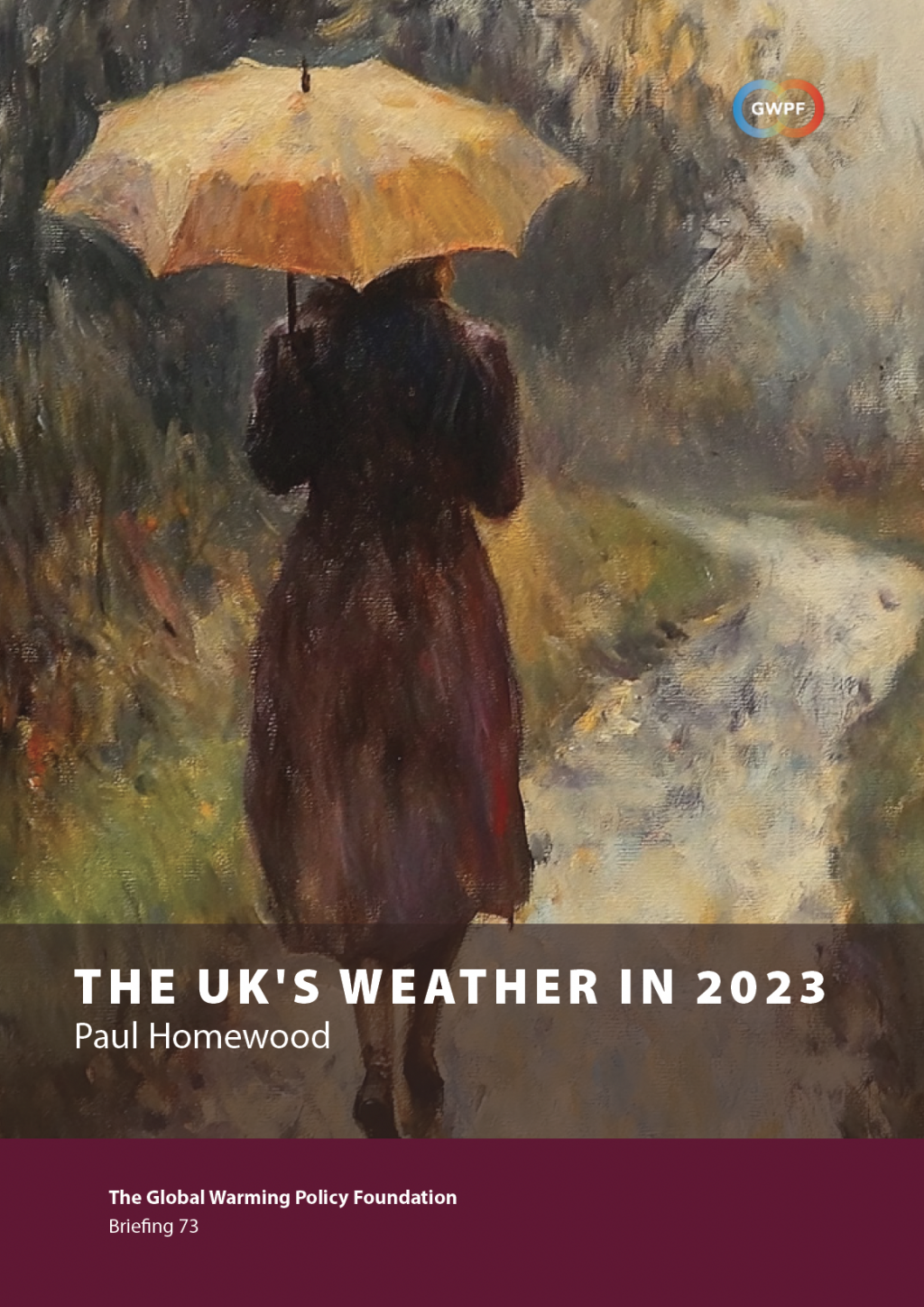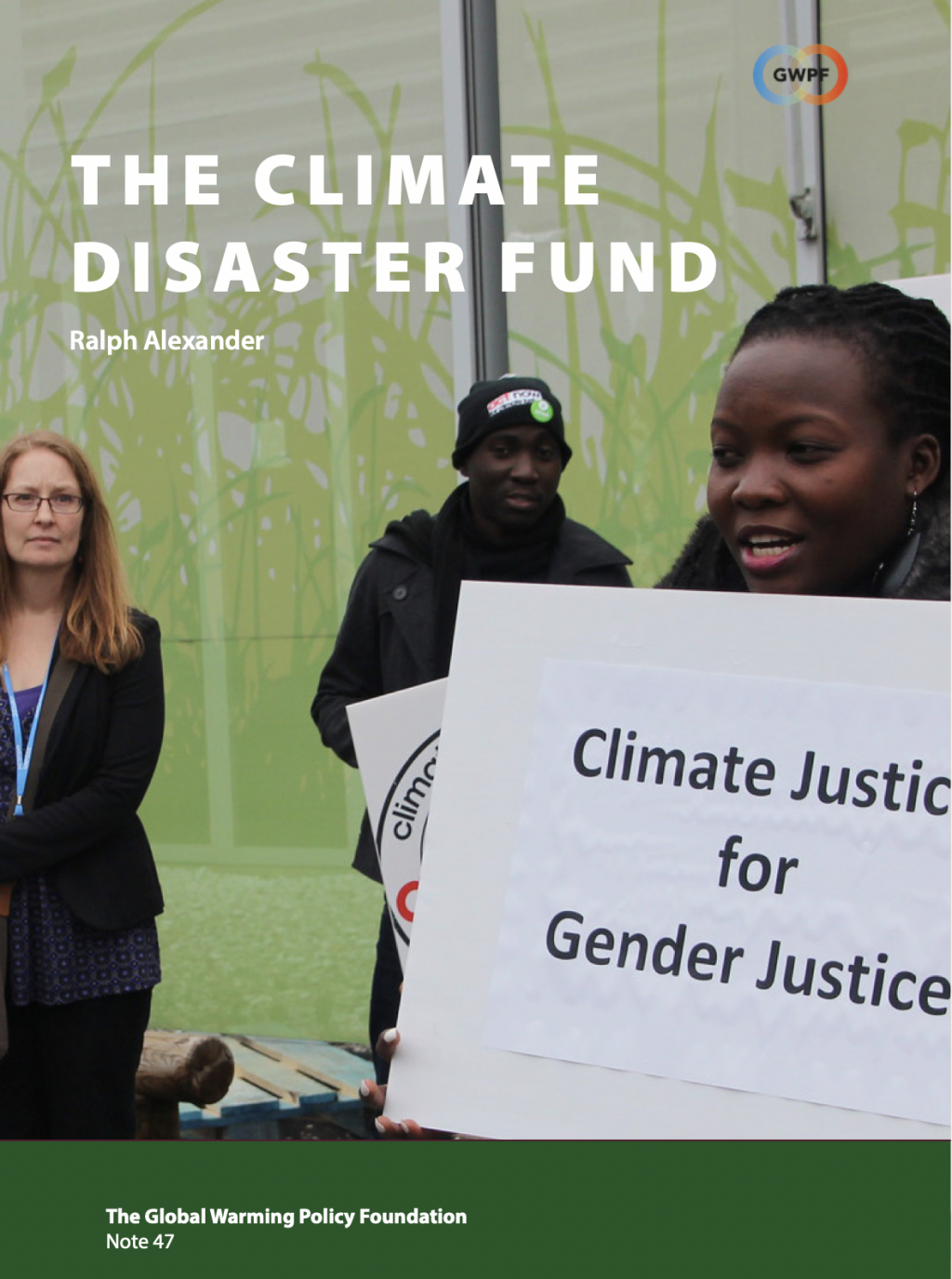Observational data contradicts claims of worsening weather events
London, 22 April: A new report published today by the Global Warming Policy Foundation reviews extreme weather trends around the world in 2020 and finds little evidence of deterioration.
The report, by physicist Dr Ralph Alexander, also looks at how extreme weather has been reported by others and finds much more to be concerned about.
For example, Dr Alexander says that 2020 saw a number of socio-economic studies that attempted to link extreme weather to global warming. But the conclusions of these papers were contradicted by their own data, which showed a reduction in climate-related disasters, and in the number of people killed by them.
Dr Alexander concludes by noting that 2020, just like any other year, saw a series of weather extremes. These included a heatwave in Siberia, a cold summer in the Northern Hemisphere, an active hurricane season in the North Atlantic, and wildfires in the US and the Arctic. But he observes that there is little evidence of any long-term worsening of these events, and indeed that most can be linked to natural climatic cycles.
Dr Alexander said:
“It doesn’t matter what extreme weather phenomenon you look at, evidence of long-term worsening is sketchy at best and in many cases non-existent.”
Dr Benny Peiser, GWPF director said:
“Ralph Alexander’s data-driven report gives valuable perspective on the common media narrative of climate doom. Scares sell, but the interested public needs the full context of observational data and long-term trends to make informed judgements.”
Full report: Extreme Weather in 2020 (pdf)



